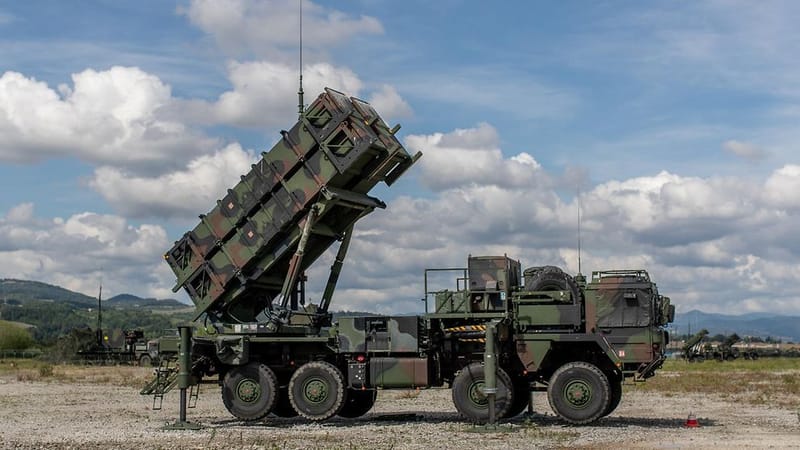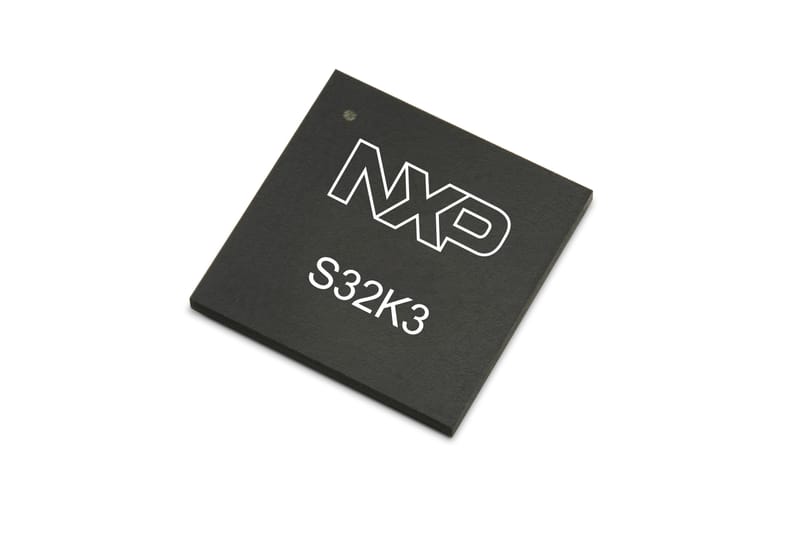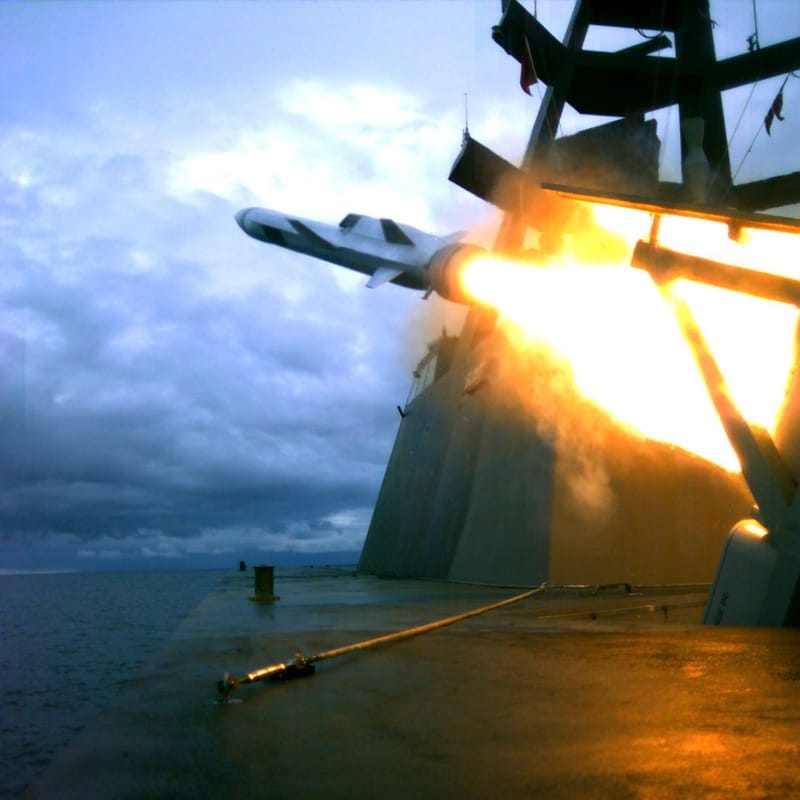BAE Systems Teams with ESG for Autonomous Multi-Domain Operations
BAE Systems and ESG have signed an MoU to explore collaborative efforts in defense technologies across Europe, with a focus on training, autonomous systems, and multi-domain operations, bolstered by the Trinity House Agreement.

Overview of the BAE Systems and ESG Collaboration
On November 8, 2024, BAE Systems and German defense technology leader ESG Elektroniksystem- und Logistik-GmbH announced the signing of a memorandum of understanding (MoU) to expand their cooperation within the European defense sector. This partnership aims to leverage their complementary capabilities, particularly in autonomous platforms, training systems, and mission technologies essential for multi-domain operations.
This MoU marks a significant step in fortifying defense collaborations within Europe, underscoring the role of joint capabilities to respond to rapid technological advancements and complex security needs. ESG operates as part of the Hensoldt Group, a well-established player in European defense systems, while BAE Systems is renowned for its work on numerous high-profile military programs, including the Eurofighter Typhoon and the Global Combat Air Programme (GCAP).
Key Areas of Focus for the BAE-ESG Partnership
Autonomous Platforms and Multi-Domain Operations
Autonomous systems and multi-domain operational technologies are primary focal points for BAE Systems and ESG’s partnership. With both companies involved in multi-national projects like the Eurofighter Typhoon and Tornado, their expertise in integrating autonomy into complex defense systems positions them well for innovation in mission-critical technology.
This collaboration aligns with broader European goals to increase self-sufficiency in defense and to accelerate the development of unmanned and autonomous systems capable of operating across land, air, sea, and cyberspace.
Advanced Training Systems
With a shared emphasis on operational readiness, BAE Systems and ESG are exploring advanced training solutions for European armed forces. This encompasses simulation-based training, augmented and virtual reality technologies, and integrated mission training systems that prepare personnel for real-world scenarios. Both companies bring extensive experience in developing and deploying training technologies tailored for complex defense environments.
Enhancing Defense Interoperability Through Collaborative Mission Systems
Another core objective of the MoU is the development of interoperable mission systems. European defense increasingly prioritizes systems that can function seamlessly across multiple countries’ platforms, allowing for quicker response and coordinated defense in a crisis. BAE Systems and ESG’s commitment to interoperability aligns with this priority, as the companies work to integrate systems capable of supporting collaborative missions among European allies.
Strategic Impact of the MoU on European Defense
Responding to Geopolitical Shifts
The collaboration between BAE Systems and ESG is both timely and strategic, given Europe’s evolving security environment. Rising geopolitical tensions, particularly within Europe’s immediate vicinity, have underscored the necessity for rapid-response defense capabilities and resilient supply chains. This MoU represents a joint effort to address these demands by developing shared resources and technological capabilities that enhance operational effectiveness.
Strengthening the European Defense Industrial Base
This MoU strengthens the European defense industrial base, particularly within the context of the Trinity House Agreement, a bilateral UK-Germany defense cooperation accord signed on October 23, 2024. The Trinity House Agreement reinforces commitments to regional security and technological innovation within the defense sector. ESG’s Alan Carson highlighted this, noting that the MoU will enhance regional cooperation and support a resilient industrial foundation in Europe.
Future Combat Air Systems and Cross-National Defense Initiatives
The partnership holds potential for future integration within larger European defense frameworks such as the Franco-German-Spanish Future Combat Air Systems (FCAS) program, which ESG supports, as well as the UK-Italian-Japanese GCAP, where BAE Systems has a central role. Both companies aim to contribute interoperable solutions, potentially facilitating shared air combat resources and broadening the scope for joint defense initiatives.
Statements from Leadership: BAE and ESG Commit to European Security
Tony Gilchrist, BAE Systems’ business development director, emphasized the necessity of collaboration in today’s defense landscape. "Both BAE Systems and ESG work at the heart of major European programs, bringing opportunities to push the boundaries of technology to meet customer needs," he said. This approach is expected to strengthen Europe’s overall defense capabilities through shared expertise.
Alan Carson, ESG’s director of fixed-wing aircraft, stated that a rapidly changing security environment demands adaptive partnerships. "Facing these challenges, the only logical step is to invest in trusted, long-term partnerships," Carson remarked, highlighting the MoU’s role in fostering such alliances.
Potential Benefits and Broader Implications for the European Defense Market
The MoU between BAE Systems and ESG is anticipated to deliver multiple advantages for the European defense industry, including:
- Accelerated Technological Advancement: By pooling resources and expertise, BAE Systems and ESG can expedite the development of cutting-edge defense solutions.
- Enhanced Interoperability: The collaboration supports the development of mission systems designed for cross-border compatibility, a key priority for NATO-aligned forces.
- Cost Efficiency and Resource Optimization: Joint efforts enable cost-sharing on R&D and production, promoting efficient resource allocation within European defense budgets.
- Strengthened Regional Alliances: The partnership reinforces the Trinity House Agreement’s objectives, enhancing UK-German cooperation and setting a precedent for broader regional alliances.
Looking Ahead: Next Steps for BAE Systems and ESG
Moving forward, BAE Systems and ESG are expected to explore project-specific initiatives under this MoU, with early developments likely to focus on unmanned platforms and interoperable mission systems. Future announcements may provide further detail on collaborative projects and technological breakthroughs, solidifying their partnership’s contribution to Europe’s strategic autonomy in defense.
In conclusion, the BAE Systems-ESG MoU represents a forward-thinking approach to European defense, bringing together technological innovation and cross-national cooperation. With both companies deeply embedded in key defense programs across Europe, their alliance is poised to play a pivotal role in enhancing Europe’s security capabilities in a complex and fast-evolving global security environment.
Sources: European Security & Defence, BAE Systems, ESG




